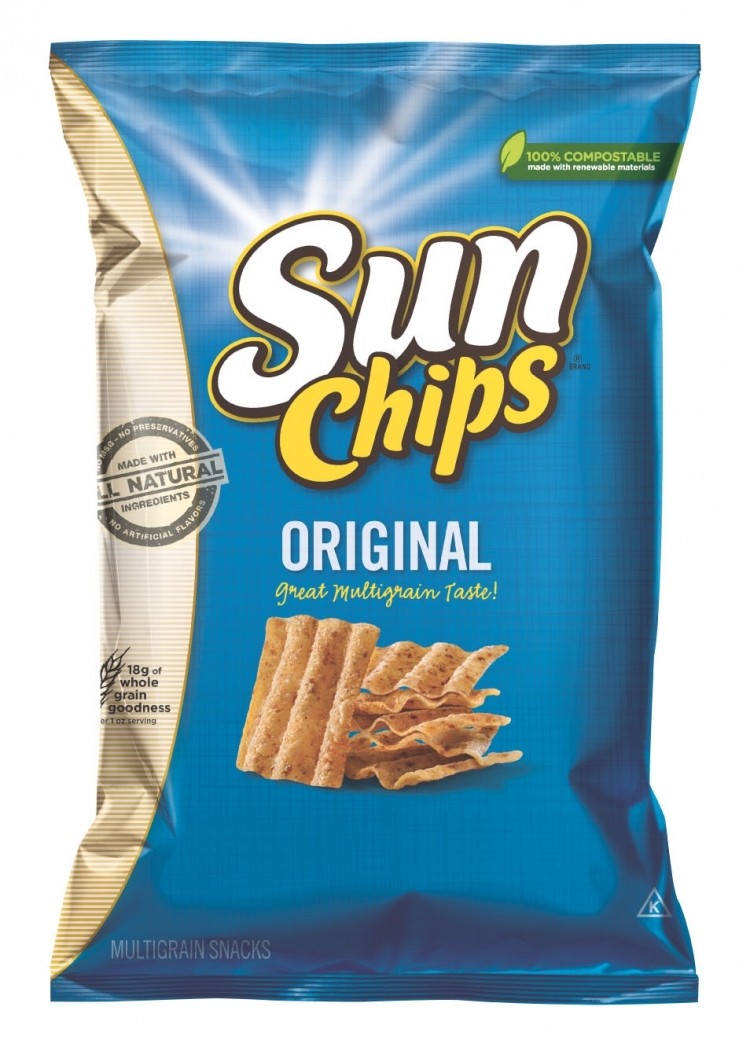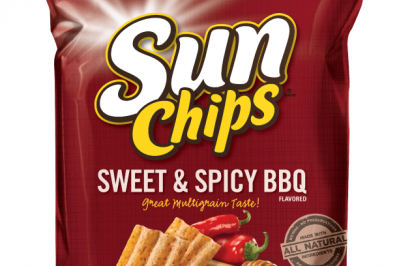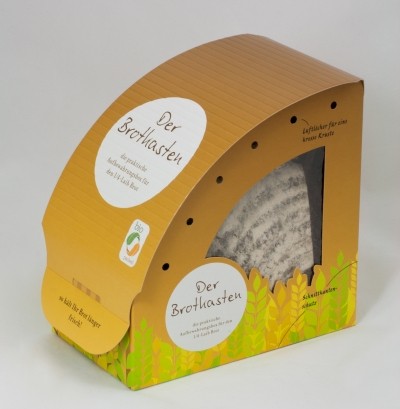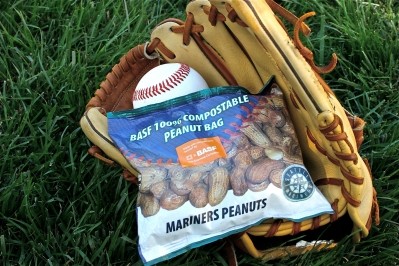Home composting of SunChips’ bag requires high temperatures, Frito-Lay

Frito-Lay reintroduced a quieter version of its ‘100 per cent compostable bag’ on its SunChip’s original flavour brand two months ago following customer uproar about the original packet being too loud.
Brad Rodgers, Frito-Lay’s R&D director, told BakeryandSnacks.com the bag is home compostable within the 14 week claims made by the company, but only under a hot active composter temperature that needs to reach above 45- 55 degrees Celsius.
"The hotter the temperature of your compost pile, the faster the materials in your pile will decompose,"says the company on its website.
If the compost pile does not get as hot as 55 degrees Celsius the SunChips bag will still break down but it will just take longer, the company claims.
Rodgers admitted the company had received some negative feedback from some home composters but added that others have reported successful composting of the packets in their back yards.
The packs, made from plant-based polylactic acid (PLA), can be disposed of at industrial facilities, with at least a 100 across the US, said Rodgers.
“All major cities have access to some level of industrial composters,”he added.
Reducing the noise
Sales for the crisp brand fell in the 18 months following the initial introduction of the bag in April 2009, with about 52,000 people signing up to a Facebook group called "Sorry But I Can't Hear You Over This SunChips Bag".
Frito-Lay subsequently went back to the lab and worked closely with major US adhesive manufacturers to improve the sound quality of the crisp packet, said Rodgers.
He explained that the team created a noise barrier by using an adhesive to marry the outside print web, which carries the logo and labels, to the packet’s inside lining.
Rodgers maintained that the adhesive only accounts for a “minor portion” of the total packaging material – two per cent. It therefore has no negative impact on the packet’s compostable status and the percentage of renewably sourced material still stays above 90 per cent, he said.
Easy switch to PLA
In terms of production, switching to the PLA material was simple, said the R&D director, with only minor adjustments made to the manufacturing process.
One of the positive aspects about the change was that slightly lower temperatures were used to seal the packets, mildly reducing the company’s energy usage, he said.
The processing speed was also unaffected. This was part of the criteria that was initially set when developing the new packaging, Rodgers added.
Sound complaints
Rodgers said following the new ‘quieter’ launch, the company has immediately started getting positive feedback back from customers.
“People can see and hear the difference,” he said, using social media tools such as blogs and Youtube to express there satisfaction about the change.
Frito-Lay said it will use consumer feedback to help determine whether to roll out the compostable bag more widely.
Natural foods company Boulder Canyon also recently launched a compostable crisps bag which the company said is made from wood pulp sourced from plantations that have Forestry Stewardship Council (FSC) or similar certification.
The bags can be composted in home or industrial composters, recycled through approved organic recycling programs, or incinerated at modern incineration plants, said Boulder Canyon.













